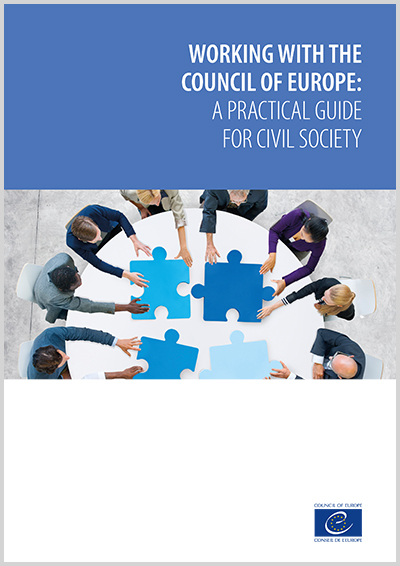Education for Democracy

Europe is experiencing a backsliding of democracy. Many citizens – and some political leaders – resort to seemingly simple solutions to complex issues, encourage distrust in institutions, disregard facts and engage in hate speech against the vulnerable and those who do not share their views. This reflects a lack of knowledge and understanding of how to deal with increasingly complex issues that is amplified by digital technologies.
The Council of Europe is well placed to support policy makers, educators and young people to develop the competences needed to build and maintain genuine democracy thanks to policy initiatives such as the reference framework of competences for democratic culture, the common European framework of reference for languages and various recommendations by the Committee of Ministers. It works to encourage member states through their education ministries to develop a diverse and participatory model of education that is designed to engage critical thinking in a safe environment; providing a range of standards, tools and practices that can be adapted to local situations. Schools, higher education institutions and universities, specialised agencies, NGOs and young democratic leaders are also involved.
Steering Committee for Education – CDEDU
The CDEDU oversees action in the field of education and advises the Committee of Ministers. Rooted in the four purposes of education as defined by the Committee of Ministers, the overall aim of the education programme is to support member states in developing their policies, legislation and practice in view of promoting democratic, quality, inclusive and corruption-free education systems, taking into account the Council of Europe Reference Framework for Democratic Culture. The CDEDU focuses on Council of Europe priority areas and covers all levels and strands of education.
 Focus 2022-2025
Focus 2022-2025
Plurilingual and intercultural education for democratic culture; ethics, transparency and integrity in education; digital citizenship education; vocational education; responsibility of public authorities for the teaching and learning of history; European Qualifications Passport for Refugees; right to education in times of emergency
 Civil society involvement
Civil society involvement
- Participant: Conference of INGOs (CINGO)
- Observers
- Consultation with civil society, either through direct participation in meetings, through dedicated hearings or in writing.



